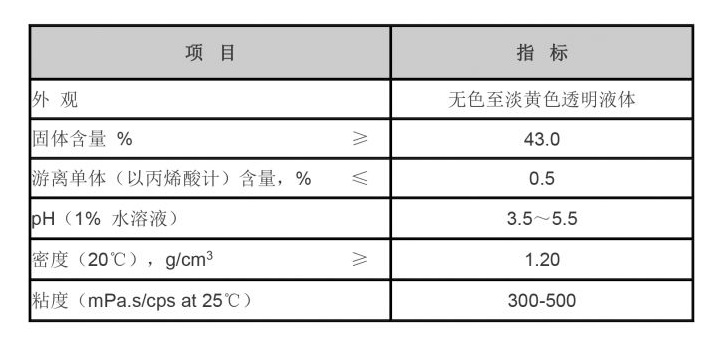Understanding Scale Formation and the Role of Corrosion Inhibitors in Chemical Applications
The Impact of Scale and Corrosion Inhibitor Chemicals
In various industries, particularly in the fields of water treatment, oil and gas, and chemical processing, the issues of scale and corrosion present significant challenges. These phenomena not only affect the efficiency and longevity of equipment but also lead to increased operational costs and potential safety hazards. To combat these problems, scale and corrosion inhibitor chemicals play a crucial role, ensuring the optimal performance of systems.
Understanding Scale and Corrosion
Scale refers to the buildup of minerals, such as calcium carbonate and magnesium sulfate, on equipment surfaces. This deposits can significantly impede heat transfer, reduce flow rates, and escalate energy consumption. Corrosion, on the other hand, is the gradual destruction of materials, usually metals, due to chemical reactions with their environment. Corrosion can lead to equipment failure, leaks, and even catastrophic accidents if not effectively managed.
The Role of Inhibitor Chemicals
Scale and corrosion inhibitors are specially formulated chemicals designed to prevent or minimize these detrimental effects. They function by altering the electrochemical processes that contribute to corrosion and by interfering with the crystallization of scale-forming minerals.
Types of Inhibitors
1. Scale Inhibitors These are often phosphonates, polyacrylic acids, and other organic compounds that help to disrupt the formation of scale deposits. They work by either dispersing the scale-forming particles or modifying their growth behavior, making it difficult for them to adhere to surfaces.
scale and corrosion inhibitor chemicals

2. Corrosion Inhibitors These chemicals can be classified into anodic, cathodic, and mixed inhibitors. Anodic inhibitors, like chromates, work by passivating the metal surface, while cathodic inhibitors, such as zinc salts, work by reducing the reduction reactions that lead to corrosion. Mixed inhibitors function by providing a protective film on the metal surface, which inhibits both anodic and cathodic processes.
Application and Benefits
The application of scale and corrosion inhibitors is widespread. In cooling water systems, inhibitors are critical in preventing scale buildup and extending the service life of heat exchangers. In oil and gas production, these chemicals protect pipelines and equipment from the harsh conditions that promote corrosion.
Using these inhibitors ultimately leads to significant cost savings. By preventing scale and corrosion, companies can reduce downtime, lower maintenance costs, and enhance the overall efficiency of their operations. Furthermore, the proper use of these chemicals can lead to increased safety by minimizing the risks associated with equipment failure.
Environmental Considerations
While scale and corrosion inhibitors provide numerous benefits, it is essential to consider their environmental impact. Many industries are now seeking greener alternatives that are less harmful to ecosystems. Biodegradable or non-toxic inhibitors are becoming increasingly popular as regulations tighten around hazardous substances.
Conclusion
In summary, scale and corrosion inhibitor chemicals are vital in minimizing the adverse effects of scale and corrosion in various industrial applications. By choosing the right inhibitors and using them effectively, companies can enhance operational efficiency, reduce costs, and ensure the longevity of their equipment. Moreover, the ongoing development of environmentally friendly alternatives promises a sustainable future for industrial maintenance practices.
-
Water Treatment with Flocculant Water TreatmentNewsJun.12,2025
-
Polymaleic AnhydrideNewsJun.12,2025
-
Polyaspartic AcidNewsJun.12,2025
-
Enhance Industrial Processes with IsothiazolinonesNewsJun.12,2025
-
Enhance Industrial Processes with PBTCA SolutionsNewsJun.12,2025
-
Dodecyldimethylbenzylammonium Chloride SolutionsNewsJun.12,2025





